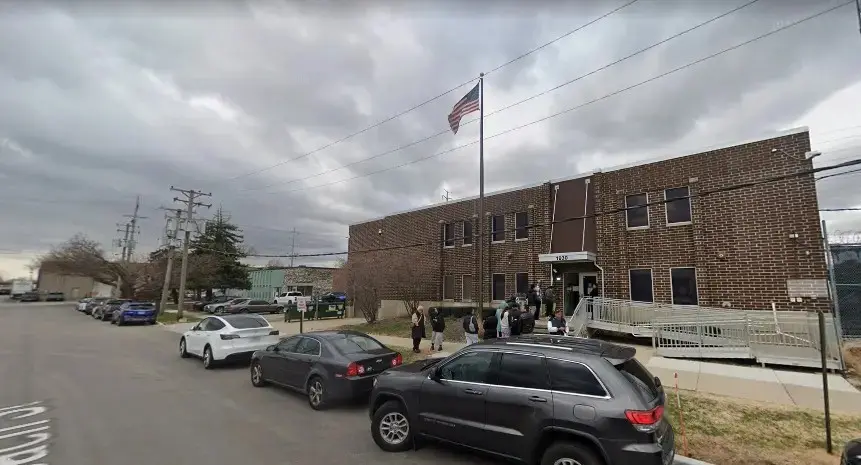
The Consulate General of Mexico in Chicago issued a statement on Monday rejecting viral claims that its staff had participated in a demonstration outside the Broadview detention center. The consulate described these claims as “false” and clarified that its presence at the site was strictly consular.
According to the statement, consular staff went to the center exclusively to interview detained Mexican nationals, in accordance with the authority established by the Vienna Convention on Consular Relations (Article 5).
During their work, staff fully identified themselves to avoid confusion with others present in the area and did not participate in demonstrations or any activities beyond their official duties.
The Consulate also specified that the visit was carried out with the full knowledge of immigration authorities and in direct coordination with officers from U.S. Immigration and Customs Enforcement (ICE).
Broadview has recently been the scene of clashes between protesters and federal agents. In recent weeks, arrests have been reported during protests outside the ICE facility, after some demonstrators blocked access to the complex and threw objects at officers. Four people were arrested in one of these incidents.
The confrontations escalated with the use of irritant gases and direct clashes with law enforcement. This tense environment has attracted media attention to ICE’s operations in the area and fueled narratives of civic resistance.
Consular Legal Framework
The Vienna Convention on Consular Relations, adopted in 1963 and ratified by more than 180 countries, sets out the rules governing consular functions, including the protection of nationals abroad when they are under arrest or detention.
According to the convention, the consular state has the right to communicate with and assist its detained citizens, without this implying political involvement or actions outside of its official mandate.
Similar operational models are also reflected in local detention and custody regulations, which require that consular officials be notified when foreign nationals are arrested and that they be allowed to visit or interview them.